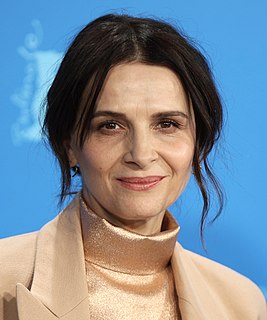A Quote by Eudora Welty
Once you're into a story everything seems to apply-what you overhear on a city bus is exactly what your character would say on the page you're writing. Wherever you go, you meet part of your story.
Related Quotes
There's an amazing line in Marcus Aurelius: "The healthy eye ought to see all visible things and not to say, I wish for green things; for this is the condition of a diseased eye." Maybe green is your favorite color - but if you saw everything as green, that wouldn't be a blessing, it would be an eye disease. By the same token, if there was no heartbreak, and everything happened exactly as you want - it would be a less beautiful and meaningful story than the actual story, where you're a part of a huge complicated mysterious whole.
A lot of people think that they are really cool because they don't outline. In my writing group, they would say, "I will never outline. I let the characters take me." C'mon, man - I outline the story, but it's only like one page. It's a list of possible reversals in the story, like things where everything will just change because of this certain reveal or this certain action. Then I start really digging into the character because, to me, I don't care what the story is.
In the early days, Porter Wagoner would not exactly scold me, but he's say, 'You're writing too many damn verses. You're makin' these songs too damn long.' And I'd say, 'Yeah, but I'm tellin' a story. I have a story to tell.' And he'd say, 'Well, you're not going to get it on the radio.' If I start writing a song, I'm writing it for a reason. People would say that I had to have two verses, and a chorus, and a bridge. I tried to learn that formula.
Once I have the idea for a story. I start collecting all kinds of helpful information and storing it in three-ring notebooks. For example, I may see a picture of a man in a magazine and say, 'That's exactly what the father in my book looks like!'...I save everything that will help--maps, articles, hand-jotted notes, bits of dialogue from conversations that I overhear.
A dream inspiring a story is different than placing a description of a dream in a story. When you describe a character's dream, it has to be sharper than reality in some way, and more meaningful. It has to somehow speak to plot, character, and all the rest. If you're writing something fantastical, it can be a really deadly choice because your story already has elements that can seem dreamlike.







































